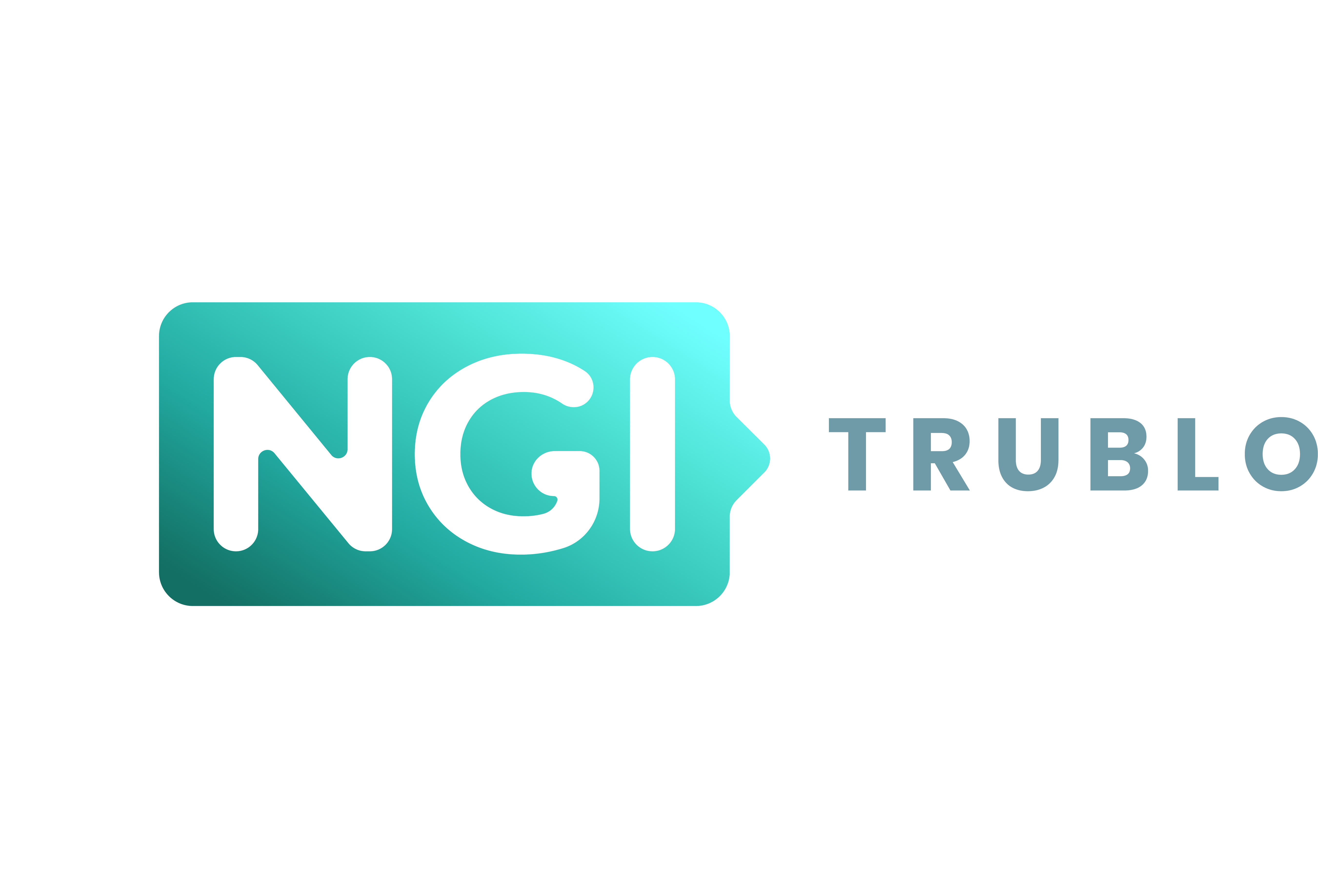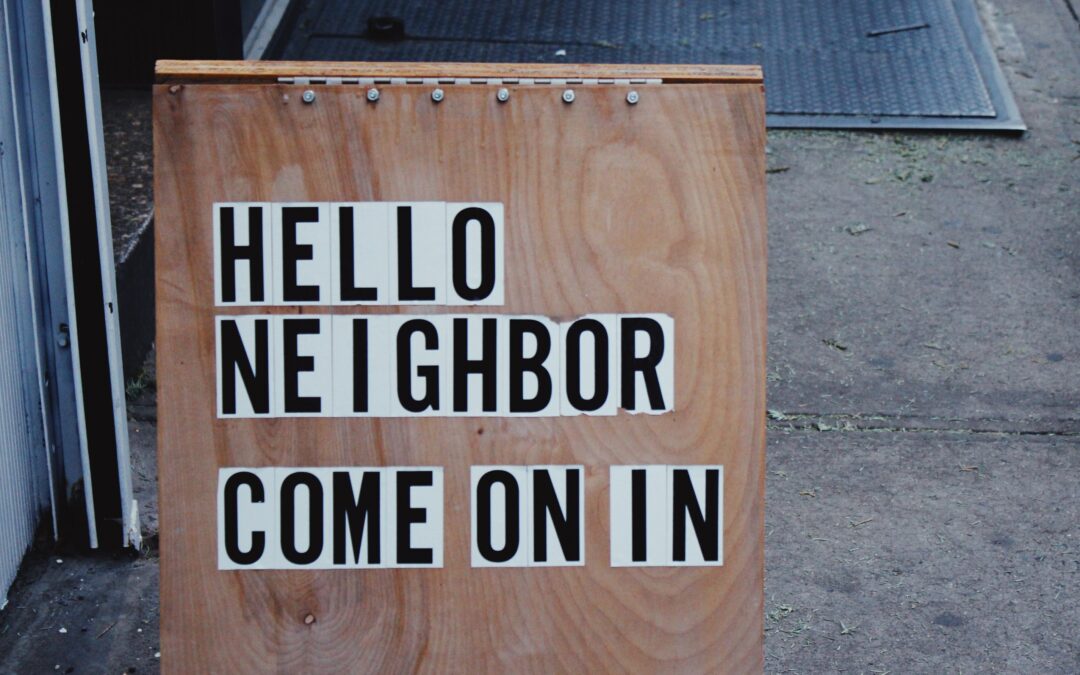
Five Minute Blockchain Newsletter No. 41
Five Minute Blockchain
Welcome to a new edition of the TruBlo newsletter. The big news this past week was the successful merge of Ethereum. Our main question for selecting information and links: How is the field of blockchain, content and trust evolving?
Estimated reading time:
Updates this week:
PROJECT
TruBlo: Full list of 45 funded early-stage projects
We funded 45 early-stage projects, with €75K each. Selected projects will have the chance to get a second round of funding with an additional €100K. You can scroll through all projects on the website; each has a short profile.
TRUST
Ethereum Merge completed
This was a huge step for the platform. The new approach of proof-of-stake instead of proof-of-work will sharply reduce energy needs. How the change will affect the future of Ethereum remains to be seen. This week the cryptocurrency is down about 10%.
“The metaphor that I use is this idea of switching out an engine from a running car,” said Justin Drake, a researcher at the non-profit Ethereum Foundation who spoke to CoinDesk before the Merge happened.”
The Economist: “The future of Crypto is at stake in Ethereum’s switch”
“Proof-of-stake will require 99.9% less energy to maintain. The effect on emissions will be as though, overnight, the Netherlands had been switched off.”
The Economist ($, free registration possible to read article)
A larger number of crypto start-ups at YCombinator’s current batch
Despite the recent downturn, the newest YCombinator cohort of start-ups has 30 crypto teams. YCombinator is the top incubator program for new tech companies, with an impressive track record of large firms which started there.
Microsoft Teams popularity results in new cybersecurity challenges
“…according to research released by Vectra yesterday, versions of Teams for Windows, Mac and Linux are storing authentication tokens in plain text on the underlying device. This is significant because it means attackers can gain access to authentication tokens and other information if they hack a system where Teams is installed. This vulnerability highlights that enterprises can’t afford to rely on the security of consumer-grade, public-grade communication platforms when they’re communicating sensitive information, IPs and other data.”
CONTENT
Open source AI software: Stable Diffusion released
You might have heard of Dalle-E. Now there is another software able to generate images from text, and it is open source.
A week or so ago, Stable Diffusion was released, and the world went crazy, and for good reason. Stable Diffusion, if you haven’t heard, is a new AI that generates realistic images from a text prompt. You basically give it a description of the image you want, and it generates it.
Apple doubles digital advertising workforce
Apple gradually takes a larger slice of global advertising revenues; the number of people working in that area at the company has by now doubled. This is not without potential controversy because Apple had introduced privacy rules reducing the ability to track users for companies like Facebook.
Should Apple be forced to use USB-C?
In discussions in Europe and the US, the goal is to have less “chaos” with charging ports. But not everyone agrees. If companies are forced to use a specific system, what happens to innovation in the long term? Quote from John Gruber, writing on Daring Fireball:
“Proponents of the EU’s USB-C charging port mandate speak as though bringing order out of chaos is still a problem to be solved in the mobile phone world, like it was 15 years ago. It’s not. Market forces generally work, and in the case of charging ports, they have: there are only two meaningful phone charging ports today, USB-C and Lightning. There is no chaos. There are good arguments for Apple to switch the iPhone to USB-C (high-speed data transfer, particularly for the 4K video footage iPhones have long been capable of, being at the top of the list), and good arguments against (zillions of iPhone owners with zillions of existing Lightning cables). But that should be for Apple to decide.” (Daring Fireball)
Instagram fined 400 million for child privacy violations
“The Irish Data Protection Commission (DPC) fined Meta, the owner of the social network Instagram, EUR405M for what it labeled a violation of child privacy statutes under the GDPR. DPC mentioned three issues with Instagram’s privacy settings that led to the penalty:
- Users under 17 can open business accounts.
- Business accounts for minors still display user contact information.
- Underage accounts are not private by default.”
France: Journalists sign charter towards better climate change reporting
Journalists and media professionals in France signed a charter defining guidelines for climate change reporting. This includes revisiting growth models for the media companies themselves. One of the goals is to investigate and report on real solutions.
BLOCKCHAIN
Binance to end support for stablecoins offers users to switch to their own
“Binance claims the move is to “enhance liquidity and capital-efficiency for users”, but the conversion and Binance’s related decision to stop trading on spot pairs involving those same stablecoins seems like an attempt to increase the status of its own stablecoin against that of rivals.” (Source: Web3isgoinggreat)
Big financial firms collaborate for EDX
Several leading financial institutions in the US, including Fidelity, Schwab and Citadel, are behind a new crypto exchange called EDXM. Observers are unsure whether this is a sign of more profound interest or a delayed project coming out in crypto winter.
African Start-up “Metaverse Magna” receives funding for decentralised gaming
This February, Africa and emerging market-focused Nestcoin raised a pre-seed round to build, operate and invest in its web3 applications, including crypto content platform Breach Club and gaming guild Metaverse Magna (MVM). Nine months after its launch last December, the latter has completed a seed sale token round of $3.2 million at a $30M fully diluted valuation.
UK Treasury mandates that crypto exchanges report breaches or pay fines
New rules are applied in the UK in response to the invasion of Ukraine by Russia. The goal is to cover all valuable digital assets, which results in crypto assets being part of the sanctions list. If platforms do not report breaches quickly, they face fines for such delays.
OTHER STORIES & SHORT LINKS
- What is decentralised identity in blockchain? Guide. Cointelegraph
- South Korean Officials Are Targeting Do Kwon’s Passport Bitcoin.com
- Mailchimp bans crypto-related projects Cointelegraph
- Adobe agrees to buy the design tool Figma for a high price of $20B Bloomberg TechMeme
- Anonymising facial images to improve patient privacy Nature
- YouTube Taps Machine Learning to Convert Landscape Videos to Square, Vertical Formats Variety
- AI Isn’t Ready to Make Unsupervised Decisions Harvard Business Review
Would you happen to have any feedback or suggestions? Contact us via info@trublo.eu
Photo by Joel Henry on Unsplash



